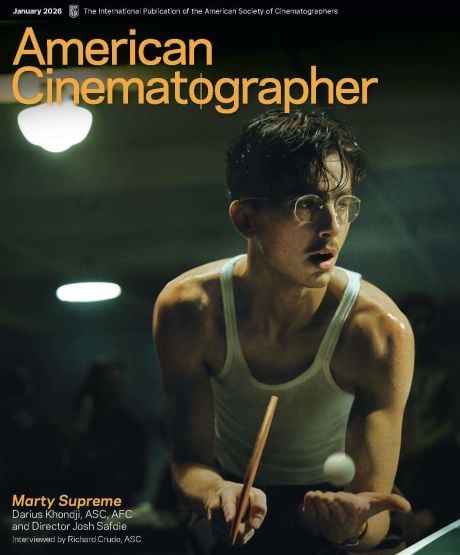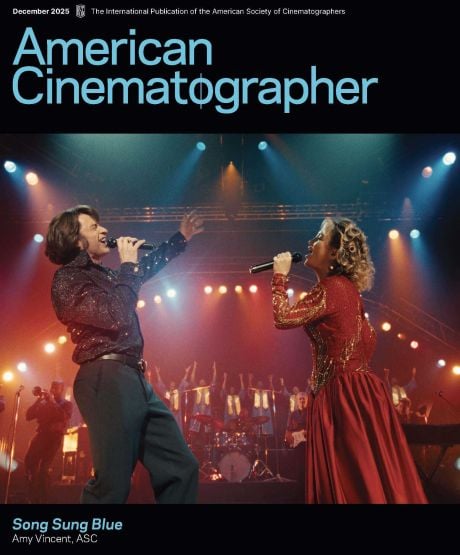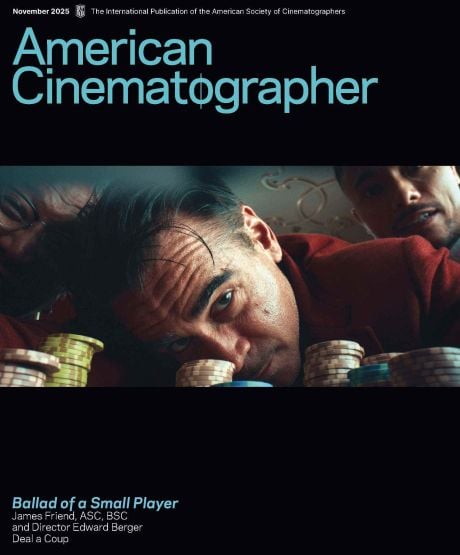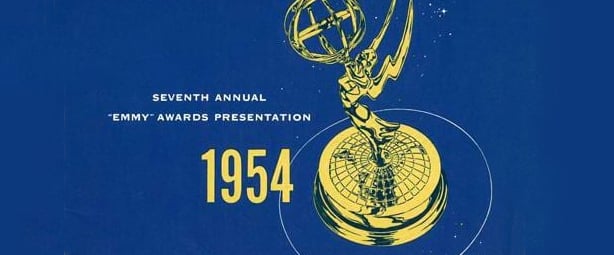
The First Emmy Given For Cinematography
Lester Shorr wins first ATAS trophy awarded for TV film photography.
This article originally ran in AC April 1955.
[Ed. Note: The Primetime Emmy Awards began in 1949, but it wasn't until their seventh year, in 1955, that the categories were expanded to include a one honoring cinematography.]
A new and important photographic award was presented for the first time this year for achievement in motion picture photography. The annual awards of the Academy of Television Arts and Sciences this year included an “Emmy” for the best direction of photography of a filmed television show.
It went to Lester Shorr for the photography of “I Climb The Stairs,” a film [an episode] in the currently popular Medic television series.
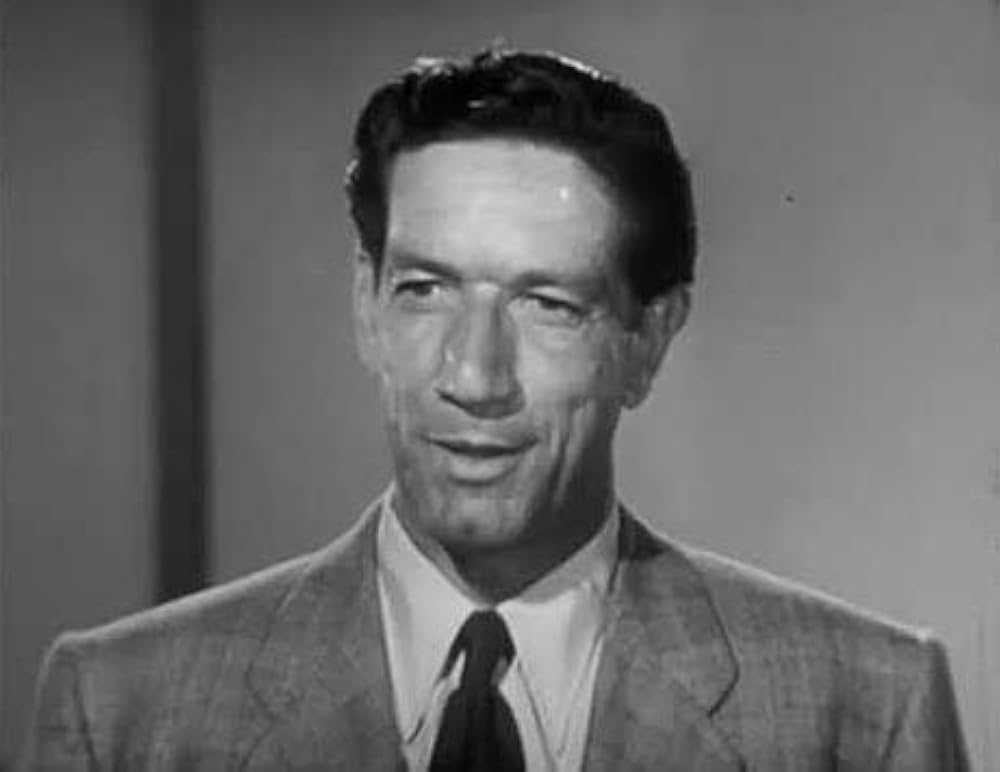
With the tremendous weekly output of television films now requiring the services of more directors of photography than does feature film production, the annual Emmy Award for TV film photography assumes an importance to cinematographers comparable to that of the now famous “Oscar” awarded by the Academy of Motion Picture Arts and sciences for theatrical film photography.
Although only one Emmy was awarded this year, it is likely that the award will be increased to two or more Emmys — the annual trophy award of the Academy of Television Arts and Sciences for artistic and technical achievements in television — in future years. It was so in the very beginning of the Oscar awards; only one was awarded for cinematography for a number of years, until the production of films in color became general. Then the award was increased to two — one for each classification.
[Ed. Note: The Academy started giving 'Special Achievement in Color Cinematography' Oscars out in 1936, eventually splitting the category officially in 1940 between black-and-white and color films. This lasted until 1967, where they were once again merged together. ]
The television academy — ATAS — is still a young organization, but growing in importance each year. Its decision to present annually an Emmy for achievement in TV filming is considered a wise and important move for the ATAS.
There were only eight television stations on the air in the United States in November of 1946 when the Academy of Television Arts and Sciences was formed in Hollywood as a non-profit organization dedicated to the advancement of television.
Edgar Bergen was named first president of the ATAS, which, from its small beginning nearly nine years ago, has grown to a membership today of more than 700. President of the ATAS now is Don DeFore, who took office last year.
Emmy, the nationally famous award statuette of the Academy, has a history all its own. It was designed by artist Louis McManus, and named by Harry R. Lubcke, the Academy’s president in 1949. The name was derived from the word “Immy,” an engineering term relating to the Image Orthicon camera.
The 34 National Emmy Awards for 1954, plus the seven Hollywood Achievement Awards made at the presentation ceremony last month, contrast sharply with the first dinner in 1948, when only four awards were made. Five years ago 11 Emmy awards were presented. The awards for ’54 more than doubled the number of awards given for 1953.
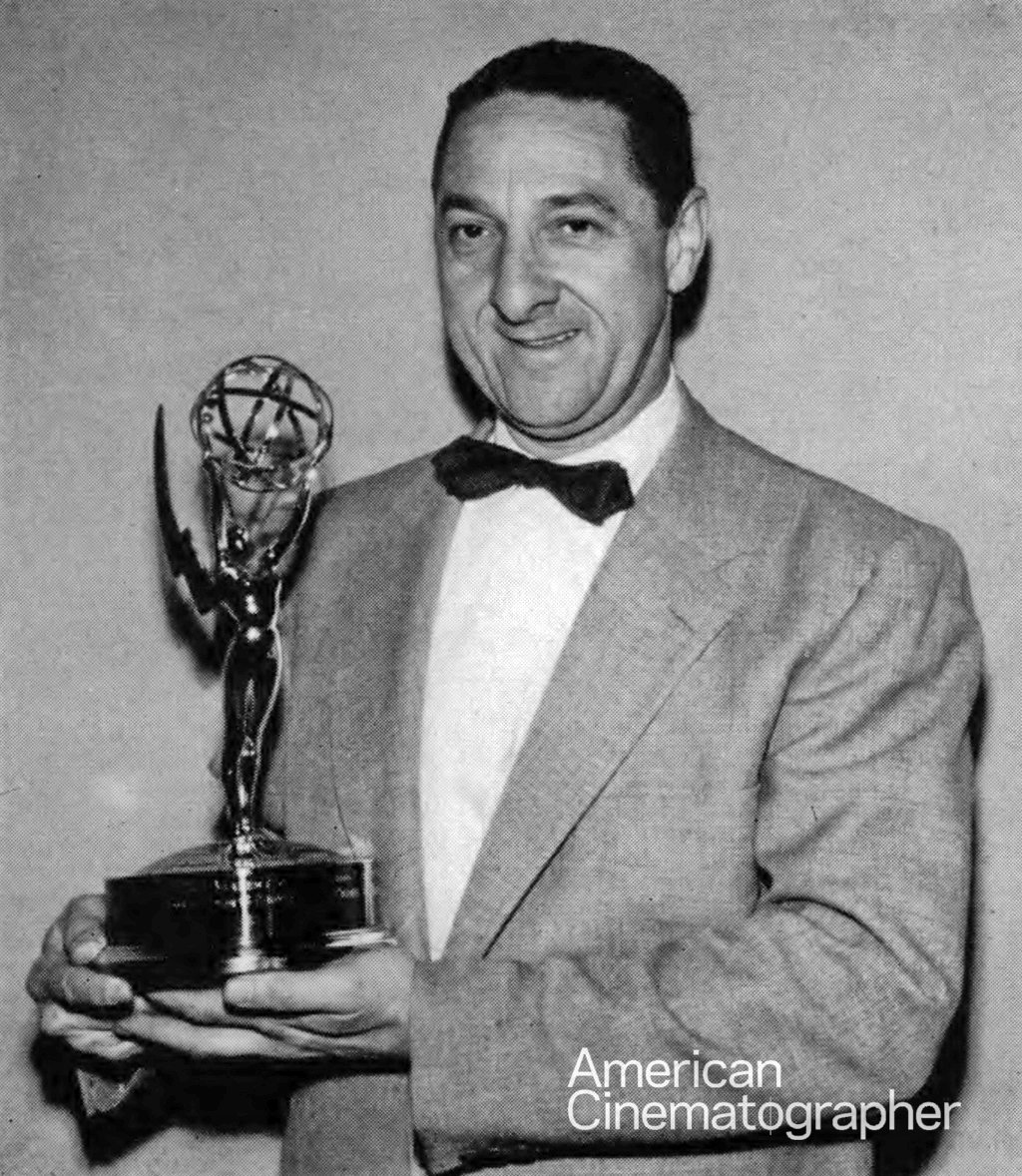
The acquisition by Lester Shorr of the first Emmy to be awarded for photographic achievement climaxes an illustrious career for this New York-born director of photography who came to Hollywood in 1926. He started at RKO studio as an assistant cameraman, went into the U.S. armed services in 1942, and was a captain in the Signal Corps in India. Shorr became a first cameraman two years ago when he was assigned to direct the photography of the Ray Bolger television films [Where's Raymond?]. He was subsequently engaged to photograph the Medic TV film series at its inception, and continues as the director of photography of the show, which is filmed in Hollywood at the American National Studios.
In addition to Shorr, five other cinematographers were also nominated for Best Direction of Photography. They are...
• Norbert Brodine, ASC - “The Clara Schuman Story” - Loretta Young Show
• George T. Clemens, ASC - “The Roman and the Renegade” - Schlitz Playhouse
• Edward Colman, ASC - “The Big Bible" - Dragnet
• Harold E. Stine, ASC - "Night Call" - Cavalcade of America
• Walter Strenge, ASC - My Little Margie
Stine was chairman of the Television Academy’s committee on film photography awards. With more and more cinematographers joining ATAS, it is estimated that when time for the Awards rolls around again next year, their representation will be substantial.
Lester Shorr later served as ASC President in 1975-’77.




